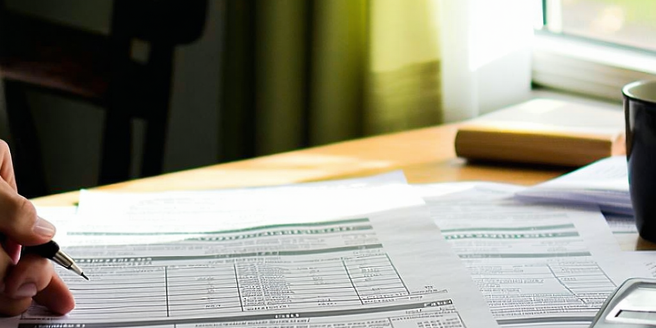Utilities Management Tips

Understanding Your Utility Bills
Deciphering your utility bills can be a daunting task, but understanding the charges can save you money in the long run. Start by identifying fixed costs like the basic service fee and compare them to variable costs such as usage charges. Note the rate structure—whether it’s tiered, time-of-use, or flat—since this directly impacts how much you pay. By analyzing the billing method, you can adjust your consumption habits accordingly, particularly during peak hours if time-of-use rates apply. Review any additional charges such as taxes, fees, or penalties for late payments. Use this information to track consumption trends over time, allowing you to make informed decisions and potentially negotiate better rates or find alternative suppliers. Understanding these elements will empower you to manage your utility expenses more effectively.
Tips for Optimizing Energy Use
Optimizing energy use not only reduces utility bills but also aids environmental conservation. Begin by auditing your home to identify energy hogs. Consider replacing incandescent bulbs with LED lighting and installing programmable thermostats to auto-regulate temperatures. Insulation plays a crucial role in energy efficiency, so ensure walls and attics are well-insulated. Unplug devices when not in use or use smart power strips to cut off phantom loads. Upgrading to Energy Star-rated appliances can foster significant energy savings. Additionally, consider switching to energy-efficient windows to minimize heat transfer. Solar panel installation is another long-term investment offering substantial returns through reduced energy consumption and potential tax incentives. Regular maintenance on HVAC systems will ensure they operate efficiently. Implementing these strategies will optimize energy use and significantly cut costs.
Water Conservation Strategies
Water conservation is vital for sustainable living and can lead to significant savings. Begin by fixing leaks in faucets and toilets, as these can waste considerable amounts of water over time. Install low-flow showerheads and faucets to reduce water usage without sacrificing performance. Consider upgrading to dual-flush toilets, which use significantly less water per flush. Collect rainwater for gardening, which not only conserves water but also reduces water bills. Be mindful of watering lawns; doing so early in the morning or late in the evening minimizes evaporation. Embrace drought-resistant plants that require less irrigation, contributing to water conservation efforts. Educate household members on the importance of turning off the tap while brushing teeth or washing dishes. These strategies collectively promote efficient water use, leading to reduced bills and contributing to larger environmental preservation efforts.
Effective Waste Management Practices
Effective waste management is essential for a sustainable environment. Begin by reducing waste generation at the source—opt for reusable products and avoid single-use plastics. Separate waste into recyclables, compostable materials, and landfill waste. Educate household members about proper segregation techniques. Implement a composting system for organic waste, which not only reduces landfill contributions but also creates nutrient-rich soil for gardening. Regularly clean and maintain waste bins to prevent vermin and odors. Explore community waste management programs; many neighborhoods offer recycling or hazardous waste collection services. Consider purchasing products with minimal packaging and buy in bulk where possible. Donate or sell items that are no longer needed instead of discarding them. Encourage local community initiatives to promote awareness and participation in effective waste management practices. These steps ensure a cleaner, more sustainable future.
Leveraging Smart Technology for Utility Control
Smart technology revolutionizes how we manage utilities, offering convenience and cost savings. Start by installing smart meters to gain real-time insights into energy usage, helping to identify inefficiencies and reduce costs. Smart thermostats automatically adjust heating and cooling based on preferences and schedules, optimizing energy use. Smart lighting systems allow control via mobile devices, enabling turn-off of lights remotely. Consider smart kitchen appliances that enhance energy efficiency due to capabilities such as auto-shutoff. Water sensors can detect leaks early, preventing waste and damage. Home automation systems integrate various smart devices, streamlining control and improving efficiency. These technologies offer customization and convenience, making them invaluable tools for modern utility management. Investing in smart technology not only simplifies everyday tasks but also significantly decreases utility expenses, offering a sustainable path forward.